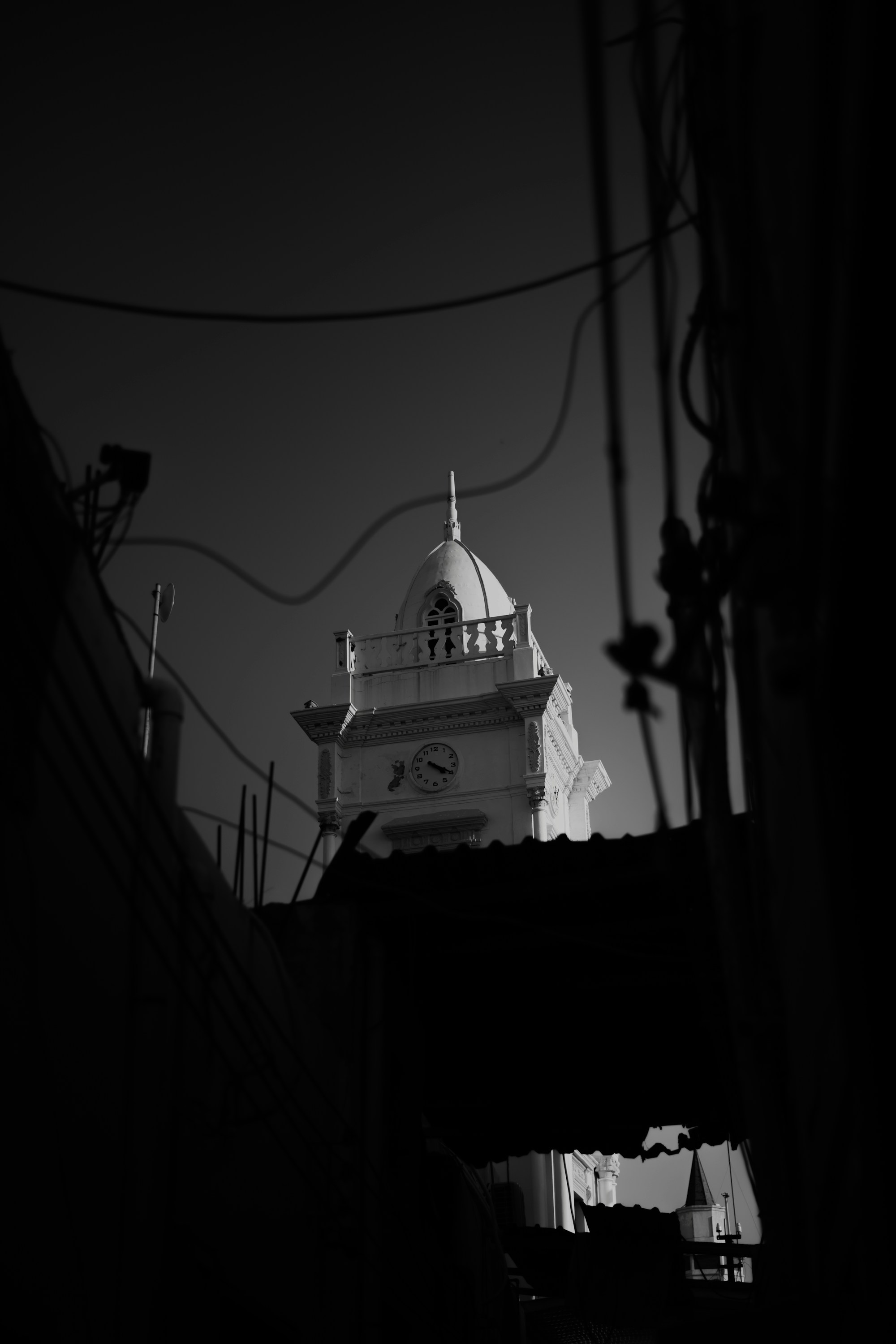Tripoli Culture & Traditions Guide: Local History & Festivals

Tripoli Culture & Traditions Guide: Local History & Festivals
Tripoli, the capital city of Libya, is a vibrant destination rich in culture and traditions. The city has a fascinating history that dates back centuries, influenced by various civilizations and empires.
One of the most distinctive aspects of Tripoli's culture is its traditional music and dance. The local music scene is lively, with performances featuring traditional instruments such as the oud and the darbuka. Folk dances like the Al-Ardha are also popular, showcasing the heritage of the region.
Local History
Tripoli's history is marked by its strategic location on the Mediterranean coast, which has attracted various conquerors and traders over the centuries. The city was once a major center of the Phoenician civilization and later became part of the Roman Empire.
During the Islamic period, Tripoli flourished as an important trading port and a center of learning. The city's old town, known as the Medina, is a UNESCO World Heritage site with well-preserved examples of Islamic architecture.
Festivals
One of the best ways to experience Tripoli's culture is by attending its vibrant festivals. The city hosts a variety of events throughout the year, celebrating everything from music and art to food and traditional crafts.
Annual Festivals in Tripoli:
- Al-Mawlid al-Nabawi (Prophet's Birthday) - A religious festival celebrated with prayers, feasting, and community gatherings.
- Libyan Independence Day - Commemorating the country's independence with parades, concerts, and fireworks.
- International Oud Festival - A music festival showcasing the traditional Arab instrument, the oud, featuring performances by local and international artists.
These festivals offer visitors a unique insight into Tripoli's culture and traditions, providing an opportunity to immerse themselves in the local way of life.
